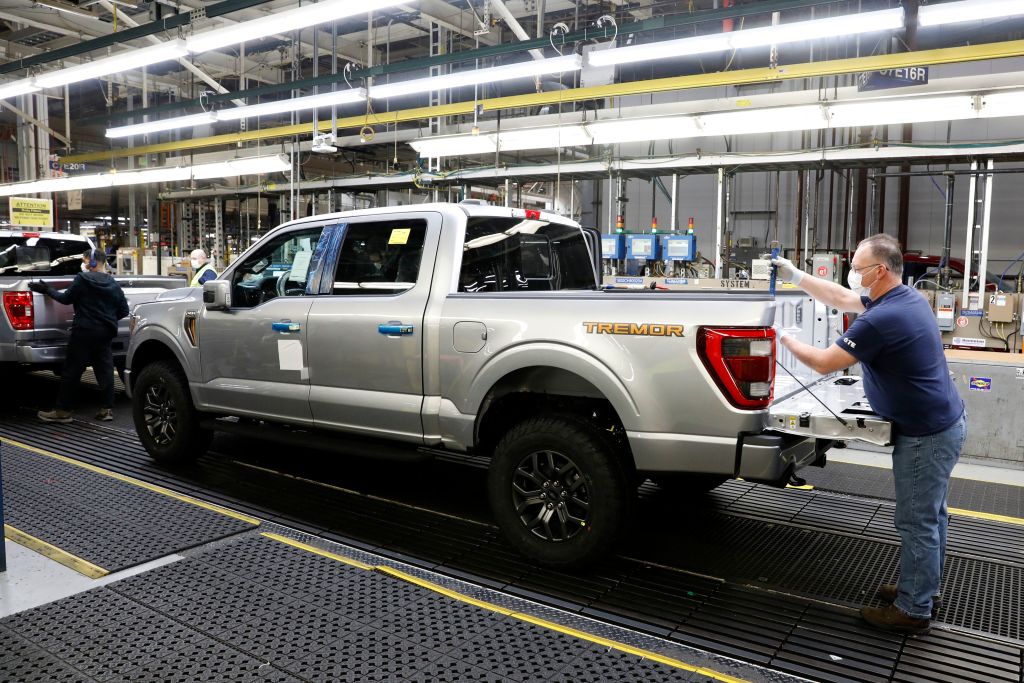National security concerns are instigating an expected announcement Monday by the Biden administration of a plan to ban Chinese software and hardware from self-driving and “connected” vehicles in the U.S.
The proposal, which would take effect as early as the 2027 model year, is set to be announced by the Commerce Department, Reuters reported Saturday night, citing two unidentified sources.
The move would follow an investigation ordered in February by President Joe Biden into the potential threats posed by Chinese vehicles and vehicle technology.
Commerce Secretary Gina Raimondo also warned in May that “this is really serious stuff,” Reuters reported at the time.
“You can imagine the most catastrophic outcome theoretically if you had a couple million cars on the road and the software was disabled,” she said.
The proposed rule would mark the latest American restriction on Chinese goods, and would follow recent tariff increases that include a 100% duty on electric vehicles.
Nearly all new cars and trucks are so-called connected vehicles that have onboard computers to access the internet and which use electronic sensors and short-range radio communications systems to prevent crashes.
The proposed rule would prohibit the import and sale of vehicles from China and other U.S. adversaries, including Russia, outfitted with certain communications or automated driving systems, the two sources told Reuters.
It would also reportedly cover vehicles with certain Bluetooth, satellite and wireless features, and autonomous vehicles that can operate without a driver behind the wheel.
A trade group of major automakers including General Motors, Toyota, Volkswagen and Hyundai has warned that it would take time to change the software and hardware in their products.
They also said their systems “undergo extensive pre-production engineering, testing, and validation processes and, in general, cannot be easily swapped with systems or components from a different supplier.”
The Commerce Department plan, which was approved by the White House last week, would give the public 30 days to comment on the proposed rule before it’s finalized, Reuters said.
The software ban would reportedly go into effect with the 2027 model year, with the hardware ban effective in January 2029 or the 2030 model year.
The Commerce Department declined to comment, Reuters said.







